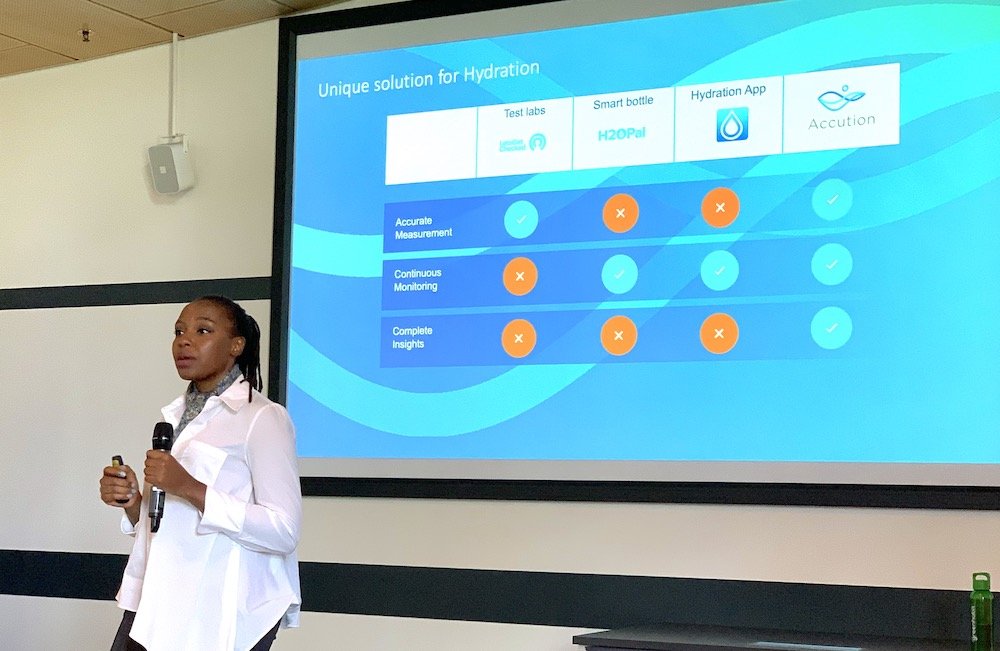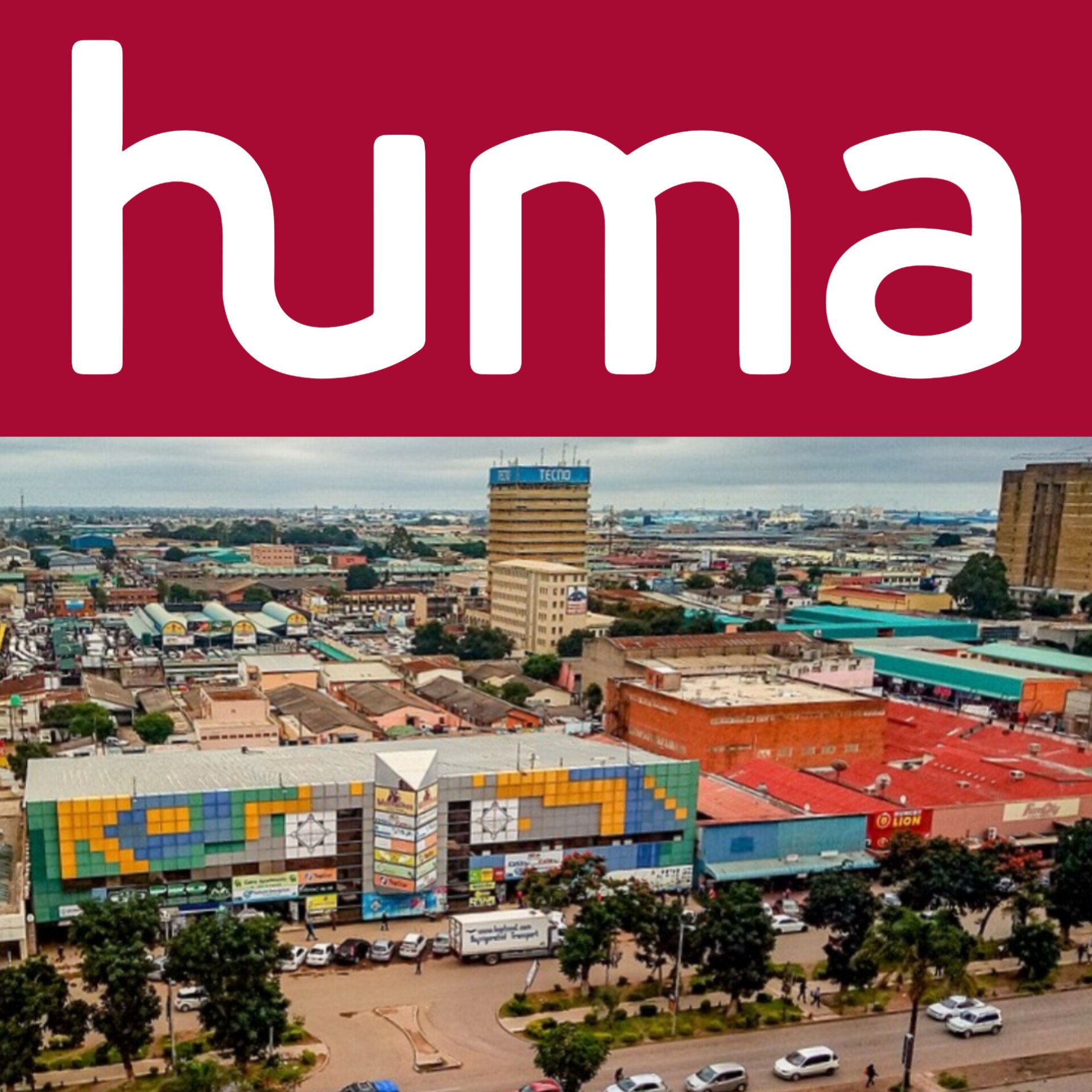
“La technologie est la société rendue durable”.
-Bruno Latour
Think Tanks
Navigating the intersection of anthropology and technology, I think alongside colleagues in academia, business, and innovation across diverse domains. These interactions have expanded my insights into the positive implications of artificial intelligence, particularly in healthcare, and illuminated the potential contribution of the humanities to technology's role in our lives and its design. I believe that bridging gaps in innovative practices is achievable through multidisciplinary engagement and collaboration.
Democratising Technology and the Internet
The Mozilla Foundation is Mozilla Corporation's parent organisation advocating for an open and accessible Internet. Its Manifesto emphasises the importance of the Internet as a global public resource and underscores the need for an open and accessible online space that prioritises users' rights, privacy, and security. It advocates for a decentralised and participatory Internet, free from monopolies and closed ecosystems. Within a cohort of other projects trying to improve the experience of artificial intelligence in Africa, I think about how to identify and address health dataset gaps incorporated into mobile phone technologies for pregnant people in Zambia. This mission commits to promoting innovation, inclusivity, and the empowerment of individuals on the web.
Critical Reflections on AI and Care Ethics
On thinking of the fragmented technologies for health that exist in Africa, critical reflections are necessary on artificial intelligence as part of the fourth industrial revolution and the possible future of hospitals in Africa. The cohort of fellows at the Institute for Humanities in Africa (Huma) interrogates the ethical life of algorithms, for whom the coding serves, for whose interests and what ethical principles underpin machine learning and coding. A range of research projects is underway across the continent to situate these questions, which also consider the fusion between new technologies, the human body and experiences of being human. We examine the adopted or drafted regulatory and policy frameworks in Africa that preserve life and human dignity, eliminate bias and safeguard sovereignty. We situate the ethical quandaries of digital life and think through the ‘future hospital’ containing these abstractions, showing the consequences of these dynamics.
Ethical AI
The AI Innovation Center is a think-tank in the heart of the Eindhoven High Tech Campus, with at least 235 companies driving various tech businesses. Its AI Leadership Forum is an organised community, driven by industrial perspectives to improve the industrialisation of AI in the Brainport and beyond. There is a range of AI enthusiasts all of whom work towards AI for good, digital transformation and ethics. The ethics circle, ideates towards responsible AI, which guards against the production and misuse of data or algorithms, assuring that automated decisions are justified, traceable and explainable. Companies around the Campus with an interest in data or AI can draw from perspectives shared in our circles and benefit from our network that comprises research institutes, consultancies and other related organisations. The AI Innovation Center is co-founded by Philips, Signify, NXP and ASML.
AI For Good Health
Education on AI for good is fundamental for a generation of engineers or technologists who are designing products for healthcare. FruitPunchAI is a community of data scientists, engineers and related professionals in various chapters distributed internationally. It has open-access resources to its various organised challenges on AI applications. FruitPunch AI for Health combines AI with medical data science to discover the gaps in healthcare that might require AI-based solutions and to test the efficacy of a designed solution at hospitals or clinics.
The field of health technology is narrowly confined to disciplines such as data science, engineering and medicine, with a dearth of perspectives from philosophy (ethics) and the social sciences, all of which contextualise the suitability of adopted prototypes.
Technology in Business
There is much to glean from businesses that build and market technologies for their customers, such as user experience design, the geopolitics that impact supply and demand and what user experience researchers could consider when analysing and tailoring products for people. Situated at the High Tech Campus, the HighTechXL is a venture-building accelerator that builds teams of entrepreneurs and tech talents around the most advanced technology in the world from giants such as CERN, the European Space Agency, TNO, Philips and other global innovators. Before my doctoral work, I was part of two of its startups, Accution and InnoFlex BV — the former ideating on health applications for a capacitive micromachined transducer and the latter for a titanium dioxide photocatalytic nanomaterial to address the Dutch ‘stikstof’ crisis. While tech startups are typically agile, they still hold conventional tendencies to overlook perspectives outside the hard sciences that speak to user experience and ethics. Having been the only social scientist at the HighTechXL helped me identify the existing gaps in tech companies that are important towards social responsibility.




